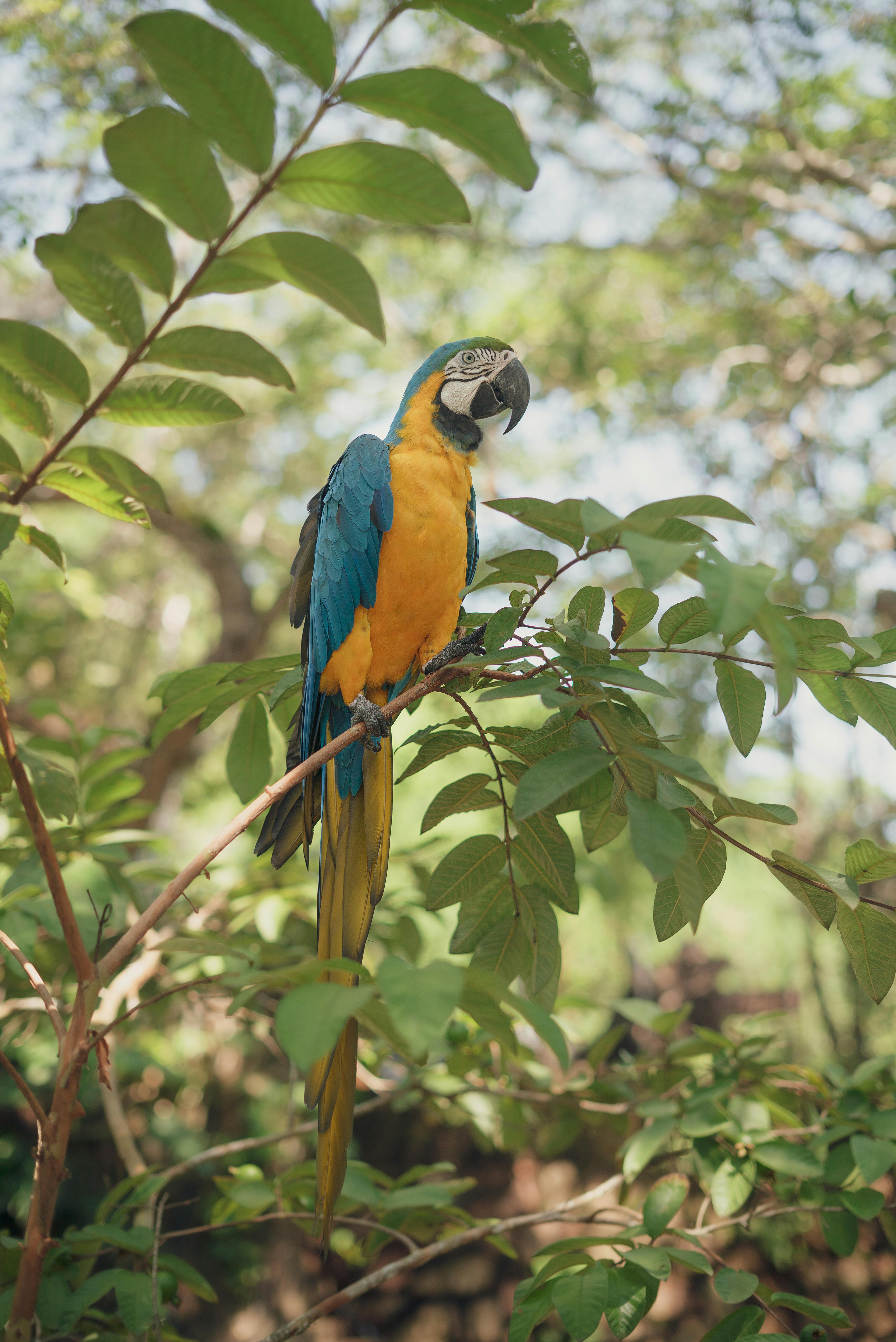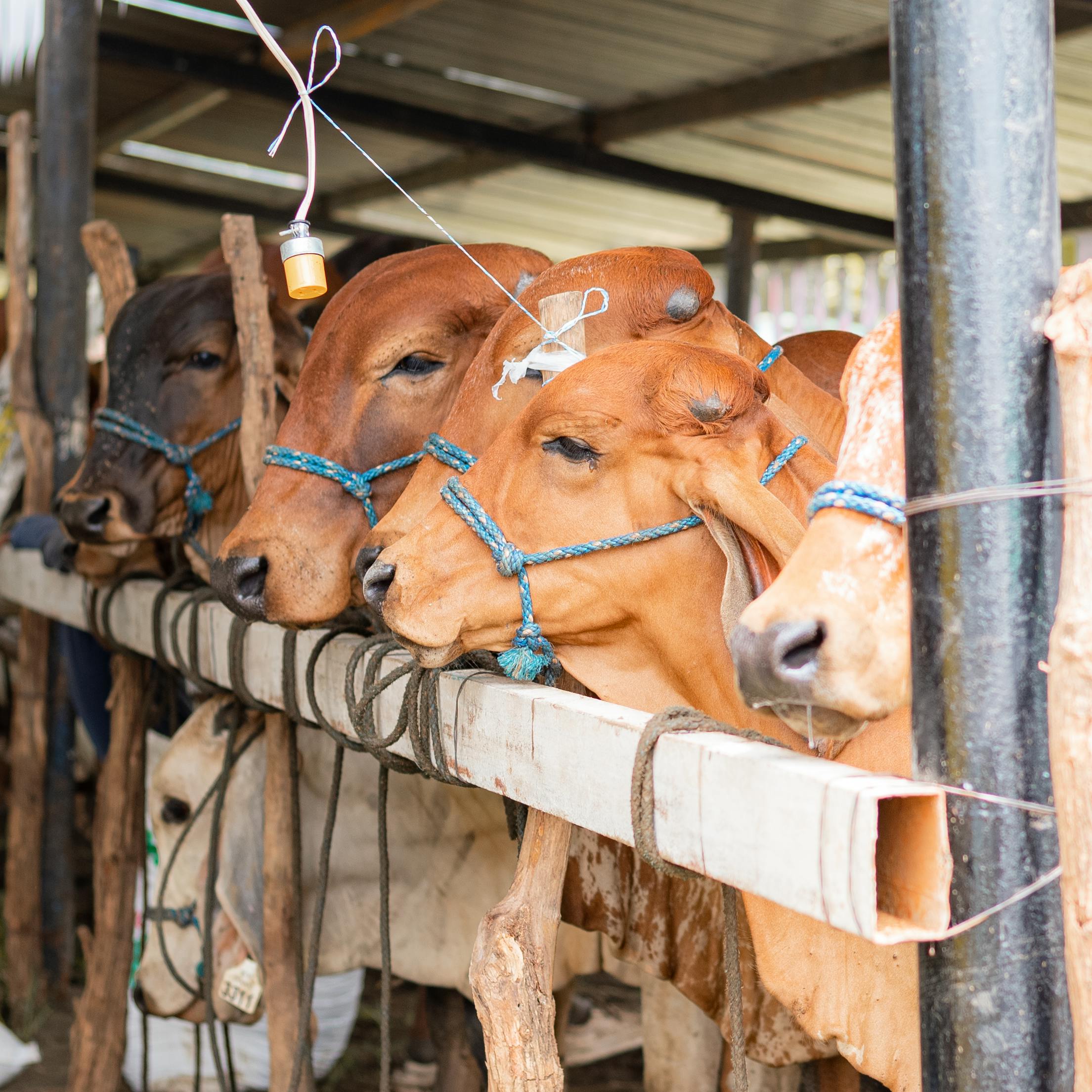
Essential Guide to the Biggest Rabbit Breeds in 2025: Discover Your Ideal Pet!
Rabbits are becoming increasingly popular as pets, especially giant rabbit breeds that capture the hearts of families across the globe. With their adorable looks and friendly personalities, these large bunnies are perfect companions for those willing to invest time and care. In this comprehensive guide, we will explore the most popular giant rabbit breeds in 2025, their unique characteristics, and critical care tips, ensuring you find the perfect furry friend for your family.
Before diving into specific breeds, it's vital to appreciate the personality traits and care requirements of giant rabbits, understanding why they make such great pets and how to properly cater to their needs. From social behavior and dietary guidelines to housing and health considerations, this article will help equip you with essential knowledge and practical tips for successfully raising a giant rabbit.
We'll also touch on giant rabbit myths and tackle common questions about their care, providing you with a well-rounded understanding of what it means to bring a giant rabbit into your home. Whether you are looking for the Flemish Giant, Continental Giant, or French Lop, you're in the right place to discover your ideal pet.

Understanding the Characteristics of Giant Rabbit Breeds
What Defines Giant Rabbit Breeds?
Giant rabbits can weigh anywhere from 10 to 25 pounds, depending on the breed. Their size sets them apart from standard rabbit breeds, offering an entirely different pet experience. Giant rabbits such as the Flemish Giant and Continental Giant are not just larger in size; they often display unique personality traits that can make them wonderful family pets.
Popular Giant Rabbit Breeds
Some of the most commonly recognized giant rabbit breeds include:
- Flemish Giant:</strong Known for their impressive size and gentle temperament, Flemish Giants are often referred to as the "gentle giants" of the rabbit world.
- Continental Giant:This breed is not only large but also thrives on attention and social interaction, making them highly engaging companions.
- English Lop: Famed for their long ears, English Lops are friendly and adaptable pets.
- Giant Angora: Characterized by their long, luxurious fur, these rabbits require regular grooming.
- American Chinchilla: With a unique coat color, this breed is known for its calm demeanor.
Unique Traits and Temperament
Giant rabbits are often known for their calm and laid-back personalities. They are social animals and generally get along well with children and other pets. Understanding their social needs is paramount in ensuring they lead happy lives. These rabbits are also highly trainable, which allows for extensive bonding opportunities with their owners.
Caring for Giant Rabbits: Essential Tips
Feeding Your Giant Rabbit
Feeding giant rabbits requires a detailed focus on their nutritional needs. Their diet should primarily consist of high-quality hay, which aids in digestion and overall health. Fresh vegetables should also be incorporated daily, while rabbit pellets should be provided in moderation. It’s crucial to avoid overfeeding and stick to recommended serving sizes to prevent obesity.
Grooming and Maintenance
Regular grooming is essential for giant rabbits, especially for long-haired breeds like the Giant Angora. Brushing them often helps prevent matting and keeps their coat healthy. Bathing should be avoided unless necessary, and regular nail trimming is an important aspect of maintaining their hygiene.
Housing and Environment
Providing a safe and comfortable habitat is critical for giant rabbits. They require ample space to move around and exercise, so consider a spacious indoor pen or an outdoor hutch. Enrichment items like chew toys and hiding places should be included to satisfy their natural behaviors. It's important to ensure that their home is protected from extreme weather conditions for their health and safety.

Social Behavior and Interaction
Understanding Giant Rabbit Personalities
Giant rabbits often exhibit playful and affectionate behaviors, but they do have unique personalities. Some may be more aloof, while others can be particularly social and craving attention. Becoming familiar with your rabbit's individual traits will enhance your bonding experience and help you cater to their needs better.
Bonding with Your Giant Rabbit
Spending quality time with your rabbit is key to building a strong relationship. Engage in gentle petting sessions while allowing your rabbit to explore their environment. Training sessions can also promote bonding as you teach your giant rabbit commands through positive reinforcement, paving the way for a trusting relationship.
Socializing Your Rabbit with Other Pets
This can be crucial for their social development. Introduce your giant rabbit slowly to other pets, ensuring they are comfortable and safe in the presence of different animals. Monitoring these interactions will help establish a peaceful coexistence and prevent behavioral issues.
Health Considerations for Giant Rabbits
Common Health Issues
Giant rabbits are prone to certain health conditions, including obesity, dental problems, and joint issues due to their size. Regular veterinary care, including annual health checks and vaccinations, is vital. It’s also prudent to learn to recognize signs of illness, allowing for prompt intervention.
Giant Rabbit Lifespan and Care
With proper care, giant rabbits can live for approximately 8-12 years. Knowledge of their nutritional, grooming, and exercise needs significantly impacts their life expectancy. Establishing a routine veterinary schedule is also crucial, as early detection of health issues can improve their quality of life.
Emergency Situations and Veterinary Care
In emergencies, having access to a knowledgeable veterinarian is critical. Ensure you have a rabbit-savvy vet who understands giant rabbit care. Knowing basic first aid and having emergency contacts will also ensure your giant rabbit receives the necessary care promptly in case of emergencies.
Common Myths and Facts About Giant Rabbits
Dismantling the Myths
There are several myths surrounding giant rabbits, such as the belief that they require less care than smaller breeds. In reality, their size often necessitates more attention in terms of diet, housing, and health management. Addressing these misconceptions is important for potential rabbit owners to make informed decisions.
Fun Facts Make Great Conversation Starters
Did you know that giant rabbits were historically raised for meat production? Today, they are loved as companions. Another interesting fact about giant rabbits is their ability to recognize their owners and respond emotionally, forming deep bonds that are incredibly rewarding for families.
FAQ Section about Giant Rabbit Breeds
How do I choose the right giant rabbit breed?
Choosing a giant rabbit breed should depend on your living arrangements, activity level, and the time you can dedicate to their care. Research different breeds to understand their personalities and specific requirements.
What size space do giant rabbits require?
Giant rabbits need a spacious habitat. A minimum of 12 square feet for living space is recommended, with access to exercise areas for daily movement, exercise, and playtime.
Can giant rabbits be trained?
Yes! Giant rabbits are highly trainable, and with patience, you can teach them tricks and commands using positive reinforcement techniques.
Aren't giant rabbits just bigger versions of regular rabbits?
While they may seem alike, giant rabbits have unique characteristics, needs, and temperaments that differ from smaller breeds. Their size influences their care, housing, and health considerations significantly.
What should I consider before adopting a giant rabbit?
Consider the time, resources, and space you can provide. Giant rabbits require more care, larger housing, and can have specific health needs compared to smaller breeds. Make sure you’re prepared for their long-term commitment.
This guide offers a comprehensive look into the world of giant rabbit breeds and what it takes to welcome one into your home. Ensuring you understand their care needs and personality characteristics will lead to a fulfilling and nurturing relationship with your giant rabbit.